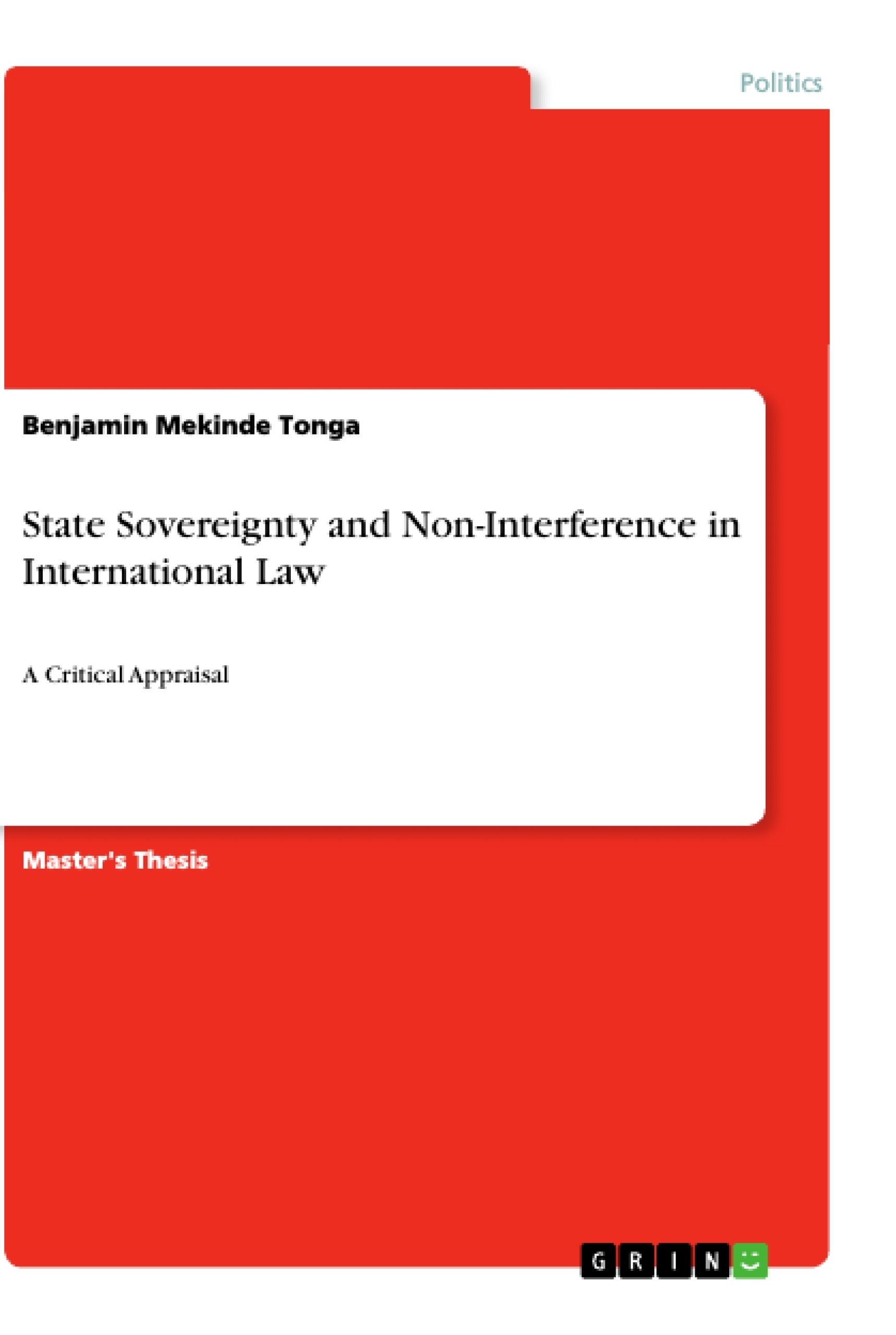Q7. Discuss the concept of state sovereignty. What are the major arguments about non-interference in International Law? 2023

State sovereignty is a concept in international law that refers to the right of a state to govern itself independently and freely within its own borders, free from external interference. It is one of the core principles of the modern nation-state system and is recognized by the United Nations (UN) as a fundamental tenet of international law.
There are two major arguments in international law regarding non-interference:
- The Westphalian Principle of Non-Interference: This principle holds that states are sovereign entities and should not interfere in the internal affairs of other states. It is based on the idea that states are equal and should be treated as such, and that the internal affairs of one state should not be the concern of another state.
- The Responsibility to Protect (R2P): This concept is a more recent development in international law, and holds that states have a responsibility to protect their populations from mass atrocities such as genocide, war crimes, ethnic cleansing, and crimes against humanity. The R2P principle recognizes that state sovereignty is not absolute, and that the international community has a responsibility to intervene in order to protect populations from mass atrocities.
The arguments about non-interference in international law are often in tension with one another, and there is ongoing debate about the balance between state sovereignty and the responsibility to protect populations from mass atrocities. Some argue that the Westphalian principle of non-interference should take precedence, as it is essential for the stability and security of the international system, while others argue that the R2P principle is necessary in order to protect populations from mass atrocities.
In conclusion, the concept of state sovereignty is a central principle of international law that holds that states have the right to govern themselves independently and freely within their own borders. The arguments about non-interference in international law are often in tension with one another, and there is ongoing debate about the balance between state sovereignty and the responsibility to protect populations from mass atrocities.